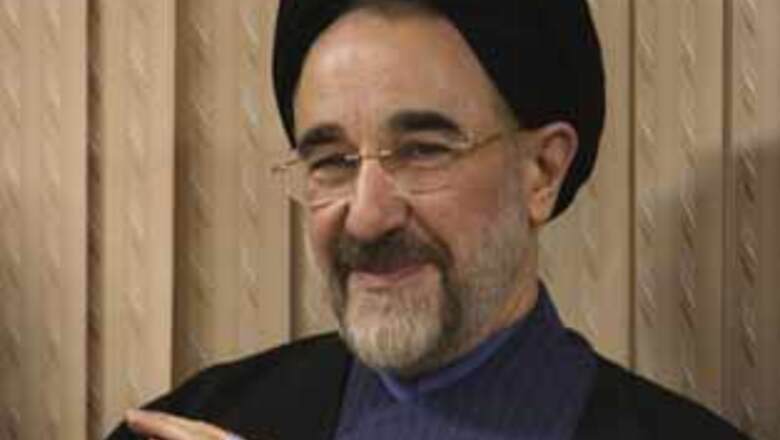
views
Tehran: Former Iranian President Mohammed Khatami declared on Sunday that he would run again for president, setting the stage for a major political showdown pitting the popular reformist leader — who made dialogue with the West a centerpiece of his eight years in office — against the country's ruling hardliners.
Khatami's comeback candidacy poses a serious challenge to President Mahmoud Ahmadinejad, whose mixture of anti-Western rhetoric and fiery nationalism sharply contrasts Khatami's tempered tones and appeals for global dialogue.
“I seriously announce my candidacy in the next (presidential) election,” Khatami announced on Sunday after a meeting with his supporters.
He said he decided to seek the presidency in June 12 vote because it was impossible for someone like himself who was interested in the fate of Iran to remain silent. The 65-year-old liberal cleric said he is "attached to the country's greatness and the people's right to have control over their own fate."
Khatami's decision to run against Ahmadinejad could significantly shake up Iran's politics, appealing to citizens disillusioned by the country's failing economy and Ahmadinejad's staunch anti-US foreign policy.
Relations between the United States and Iran improved marginally during Khatami's eight years in office, and he encouraged athletic and cultural exchanges. But it deteriorated after the September 11 attacks when former President George W Bush declared Iran belonged to an "axis of evil."
Ahmadinejad later widened that gap after he was elected in 2005.
But Khatami's decision to run comes as President Barack Obama has signaled a willingness for a dialogue with Iran, particularly over the Islamic Republic's controversial nuclear program.
Khatami has not publicly commented on Obama's November win, but during a 2006 visit to the United States, he said relations between the US and Iran should be resolved through dialogue.
In 1997, Khatami defeated hardliners who ruled Iran since the 1979 Islamic Revolution in landslide presidential victory. He is credited with relaxing some of Iran's rigid restrictions on cultural and social activities, but he left office in 2005 widely discredited among his political base after hardline clerics stifled the bulk of his reform program.
He had been considered a long shot to return to politics after turning his attention to religious and cultural exchanges in recent years. But his candidacy could boost Iran's dispirited reformists, who have not had a political heir emerge since he left office.
"Khatami has the biggest chance to challenge Ahmadinejad. He is the most popular figure in Iran," said Saeed Laylaz, a Tehran-based political analyst.
But his candidacy could also reinvigorate conservatives to support Ahmadinejad, whose popularity has waned — even among his supporters — as Iran's economy has unraveled.
"Khatami's candidacy will make conservatives united behind Ahmadinejad," Laylaz said.
Hardliners have vowed they would never again allow reformists to take control of the government and have used the Guardian Council, an election watchdog that vets candidates, and other institutions they control to block reformists from gaining power. It is unclear if the Council will move to block Khatami's candidacy.
Reformists have suffered setbacks in past years as hardliners and conservatives have consolidated power. Hundreds of reformist newspapers have been shut down, and the Guardian Council barred thousands of reformist candidates from running in parliamentary elections in 2004 and 2008.
The months ahead are critical for Ahmadinejad, who is seeking his second term in June. The 52-year-old promised to bring oil revenues to every Iranian family, tackle unemployment and improve living standards but increasingly has been criticised for his failure to do so.
Under Ahmadinejad, Iran has suffered international isolation, skyrocketing prices and disputes over the country's nuclear program, which the US and some of its allies fears masks a nuclear weapons pursuit. Iran denies the charge.
In recent months, Ahmadinejad has been trying to rebuild his political base and answer critics. But unemployment and inflation continue to burden the economy, and Iran was unable to bask in record-high oil profits, which are needed to cover domestic gas subsidies. That left one of OPEC's giants in the embarrassing position of rationing the reduced-price fuel because of a lack of refinery capacity.
So far, the only other candidate to announce their intention to run in the June vote is moderate Iranian cleric Mehdi Karrubi, 71, who is considered a long shot in the race.
Other possible candidates who have not announced whether they will run include: Parliament speaker and former nuclear negotiator, Ali Larijani, who is considered a close ally of the country's Supreme Leader Ayatollah Ali Khamenei; current Tehran mayor, Mohammad Bagher Qalibaf; and Mir Hossein Mousavi, a former hard-liner turned reformist who served as prime minister in the 1980s.











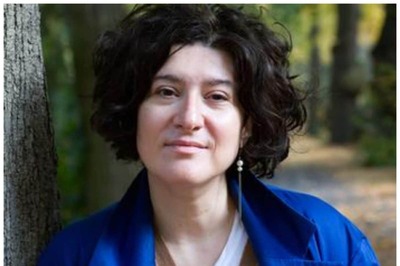
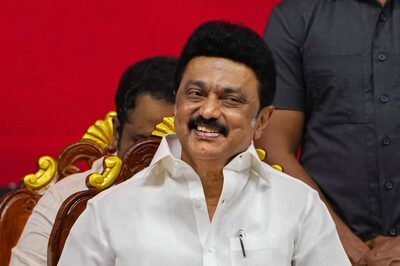

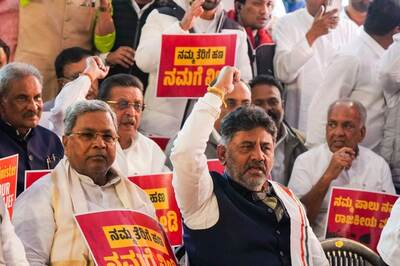
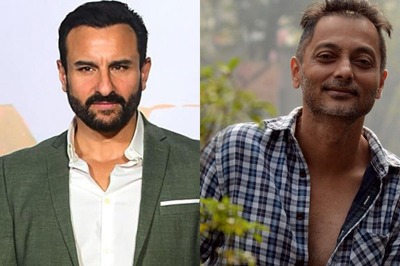


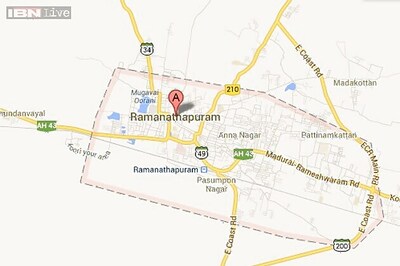
Comments
0 comment